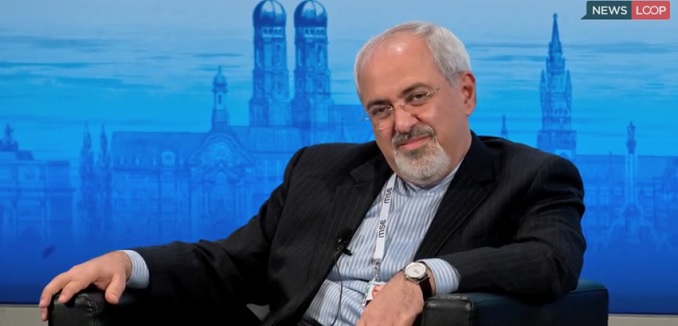The New York Times revealed this weekend that the United States was “open” to an agreement with Iran that would allow the Islamic Republic to unplug the “plumbing” on its uranium enrichment infrastructure in exchange for wide-ranging sanctions relief, functionally reversing what had long been the West’s insistence that the Iranians dismantle that infrastructure:
From “dismantle & disclose” to “disconnect & defer”: an anatomy of the erosion in US negotiating leverage: #Iran http://t.co/qMBqZzA55t
— Mark Dubowitz (@dubo1968) September 20, 2014
The deal is thought to be attractive to Western negotiators because it would allow the Iranians to claim that they hadn’t dismantled anything, a move that top officials had long emphasized they had not made and would not ever commit to. It was blasted by analysts for among other things reversing explicit assurances from the Obama administration – made at the beginning of the year to lawmakers, journalists, and the public – that Iran would in fact have to dismantle significant amounts of its infrastructure.
Veteran journalist Jeffrey Goldberg had written at the time that it was difficult to envision how the deal could come together:
And I’m not sure how Obama could possibly accept a deal that mothballs centrifuges while leaving them in place, rather than devising an agreement that guarantees their destruction. If the centrifuges are allowed to remain in Iran, but are disabled (or covered with bedsheets or wrapped in couch-plastic or locked in a very big room), it would possible for Iran to very quickly start spinning them again. First step: Kick out the inspectors. Second step: Break the locks. Third step: Enrich uranium to weapons-grade level in a short enough period that the West — the lumbering, ambivalent, disputatious West — has insufficient time to respond.
Mark Dubowitz, executive director of the Foundation for Defense of Democracies, described the dynamic as one in which Washington’s “nuclear negotiating team… is either directly or through its surrogates offering compromise positions in the hope that, by accommodating the Supreme Leader’s redlines, they can find some technical solution.” He criticized the policy as one that “only rewards the Leader’s intransigence and makes it increasingly likely that, if there is a comprehensive deal, it will be a bad deal.”
[Photo: Newsloop Top News / YouTube]




